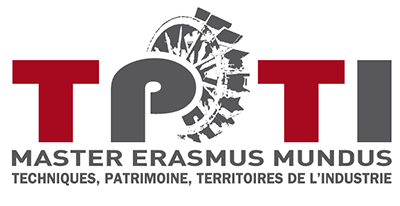Management and valorization of industrial heritage
This line of research is part of the study of industrial heritage and production, as well as the study of the implementation of strategies for the recovery, valorization and management of heritage (artisanal and industrial knowledge, entrepreneurial cultures and methods, archives, machinery, techniques, products, factories and industrial sites, religious sites, habitats, as well as social and cultural effects on a landscape). The recovery of this heritage has become one of the strategic levers for the cultural revival of cities and territories, including new urban regeneration programs. Through the analysis and comparison of case studies, including good practices, the work aims to connect knowledge and projects from a multidisciplinary and integrative perspective. In this context, innovative practices have made it possible to promote the assets of industrial civilization and restore them to the public as collective cultural heritage.
Many projects and achievements highlight the new challenges facing industrial heritage specialists today. At present, the simple defense of the historic memory of places, and value systems of local communities, is no longer sufficient. The variety and complexity of industrial heritage, its’ extension to all parts of the world, but also and above all the rapid changes, cultural, economic, social that are manifested everywhere, requires the development of strategies and conservation policies, working with re-use and increasingly innovative and diversified valuation.
Research themes relate more specifically to:
- Sectors, territories and landscapes of production;
- Machinery and technological evolution of production cycles;
- Buildings connected with industry (typologies, materials, techniques, processes);
- Industrial cities, villages and workers' cities;
- Conservation, restoration, recovery of buildings and industrial sites: both good and bad practices;
- Industrial heritage relating to urban and territorial regeneration;
- Industrial archeology (textile manufacturing, wheat mills and corn, etc.);
- Instruments and structures for knowledge, conservation and valorisation (inventories, catalogs, censuses, legislative processes, archives, museums, heritage routes, industrial tourism, etc.);
- Heritage storytelling;
- Methodologies for the implementation of heritage projects in the context of the economics of cultural property;
- Museology as it relates to industrial heritage.





